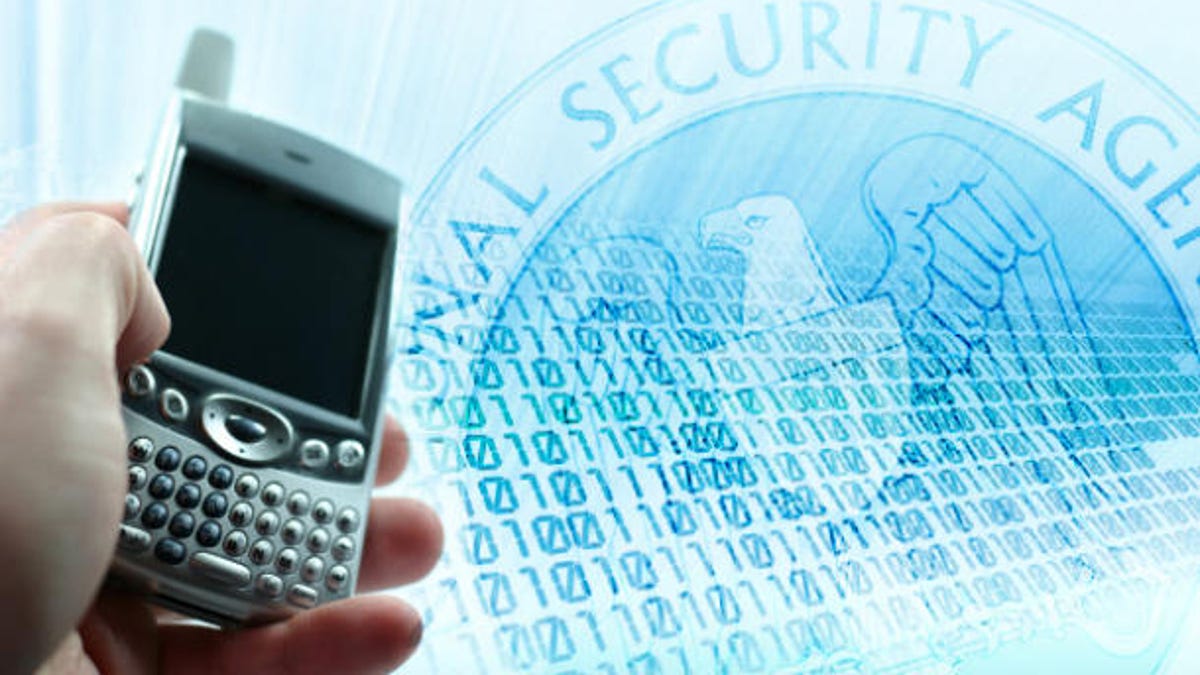U.S. releases details on PRISM
The director of National Intelligence says he has declassified some information "in hope that it will help dispel some of the myths and add necessary context to what has been published."

In response to the furor over reports of a classified surveillance program called PRISM, the U.S. director of National Intelligence has released a statement saying PRISM-related activities are "lawful" and "fully debated and authorized by Congress" and has issued a fact sheet on PRISM that says the government doesn't simply scoop information from company servers.
"PRISM is not an undisclosed collection or data mining program," reads the fact sheet, which bears the letterhead of Director of National Intelligence James R. Clapper. "It is an internal government computer system used to facilitate the government's statutorily authorized collection of foreign intelligence information from electronic communication service providers under court supervision."
The fact sheet also reads:
Under Section 702 of FISA [the Foreign Intelligence Surveillance Act], the United States Government does not unilaterally obtain information from the servers of U.S. electronic communication service providers. All such information is obtained with FISA Court approval and with the knowledge of the provider based upon a written directive from the Attorney General and the Director of National Intelligence.
In his statement introducing the fact sheet, Clapper said the purpose of surveillance activities "is to obtain foreign intelligence information, including information necessary to thwart terrorist and cyberattacks against the United States and its allies." And he explained the release of the fact sheet thus:
...there are significant misimpressions that have resulted from the recent articles. Not all the inaccuracies can be corrected without further revealing classified information. I have, however, declassified for release the attached details about the recent unauthorized disclosures in hope that it will help dispel some of the myths and add necessary context to what has been published.
The fact sheet is embedded at the end of this story. Read on for Clapper's full statement:
DIRECTOR OF NATIONAL INTELLIGENCE
WASHINGTON, DC 20511June 8, 2013
DNI Statement on the Collection of Intelligence Pursuant to Section 702 of the Foreign Intelligence Surveillance Act
Over the last week we have seen reckless disclosures of intelligence community measures used to keep Americans safe. In a rush to publish, media outlets have not given the full context -- including the extent to which these programs are overseen by all three branches of government -- to these effective tools.
In particular, the surveillance activities published in The Guardian and The Washington Post are lawful and conducted under authorities widely known and discussed, and fully debated and authorized by Congress. Their purpose is to obtain foreign intelligence information, including information necessary to thwart terrorist and cyberattacks against the United States and its allies.
Our ability to discuss these activities is limited by our need to protect intelligence sources and methods. Disclosing information about the specific methods the government uses to collect communications can obviously give our enemies a "playbook" of how to avoid detection. Nonetheless, Section 702 has proven vital to keeping the nation and our allies safe. It continues to be one of our most important tools for the protection of the nation's security.
However, there are significant misimpressions that have resulted from the recent articles. Not all the inaccuracies can be corrected without further revealing classified information. I have, however, declassified for release the attached details about the recent unauthorized disclosures in hope that it will help dispel some of the myths and add necessary context to what has been published.
James R. Clapper, Director of National Intelligence
PRISM: "Facts on the Collection of Intelligence Pursuant to Section 702"

